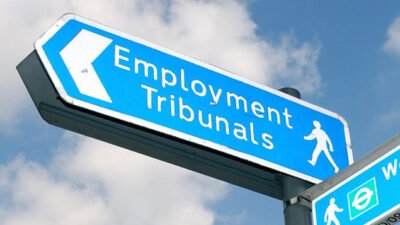Make sure you are prepared when an inspector calls.| Consensus HR in Herts, Beds.
Latest blog: Make sure you are prepared when an inspector calls.
Make sure you are prepared when an inspector calls.| Consensus HR in Herts, Beds.
This is a very interesting article from the Health & Safety Executive (HSE) about the fact that it is important to be prepared when an HSE inspector calls at your business. They will look at how you keep your workers, and anyone who may be affected by your work, healthy and safe.
They may also give you health and safety advice or make sure you are providing suitable welfare facilities.
We have resources that will help you prepare as they explain:
- what to expect when an inspector visits your business and how inspections are carried out
- why inspections are an important part of keeping people healthy and safe at work.
- how to let workers and their representatives know about information an inspector may provide during a visit
You can:
watch the animation about an inspector’s call on HSE’s YouTube channel.


Our HR comment:
Our HR Comment: Make sure you are prepared when an inspector calls.
Matthew Chilcott, Owner of Consensus HR comments: “This reminds me of my operational days and the importance of ensuring you are prepared for a visit and this article from the HSE gives you some very useful tools and what to expect.”
To view more about our range of HR & Employment Law Services
Are you concerned about keeping your business up to date with Employment Law changes?
Your Outsourced Human Resources (HR) Department.
For further information on any of the HR subjects we provide, please click the heading below:





























![Consensus H&S logo[14580] onstruction firm fined after worker dies from fall | Consensus HR - | Herts, Beds](https://www.consensushr.com/wp-content/uploads/2020/09/Consensus-HS-logo14580.jpg)




